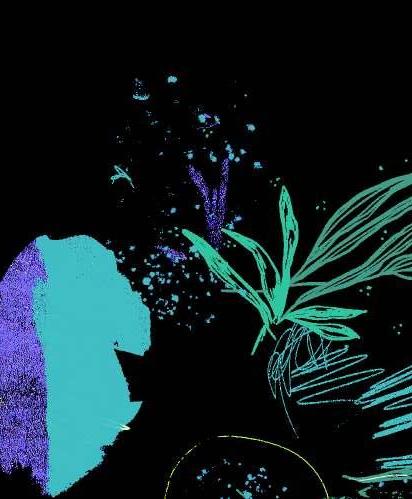
3 minute read
4. We have changed Men’s mentality


Advertisement
King’s story highlights how patriarchal norms are one of the root causes of gender inequalities. Inviting change from within is critical to questioning patriarchal norms. This story gives an insight into the mechanism of mindset change. The patriarchal system that violates women’s rights can result in toxic masculinity and a culture of machismo that incites gender-based violence. In King’s story, making harmful patriarchal norms visible is a crucial step towards understanding and tackling the root causes of gender-based violence.
Women’s empowerment requires men to be on board: this is a point that all partners in the Women2030 program stressed. King’s story shows the way men can support women’s empowerment. The story points to a few practical reasons that led King to begin acting differently: he learns about national legislation on gender-based violence and how laws are enforced to protect women; he reflects that supporting women’s education would have benefited his own family; plus, he saw the possibility for his wife to support their family economically with her business. These moments can be a starting point to embark on a much deeper journey, allowing men to realize that patriarchal norms reinforcing gender inequality are detrimental for society at large.
Men are also affected by unjust gender norms and can become allies with women. In this story, King recalls the pain he felt as a child witnessing his mother being abused by his father. For King, taking action and doing his part in the women’s movement is personal and intimate. It also represents his own healing, which can open opportunities to support others in their journey.
AREAS Of IMPACT: Mindset changed.
How do the men in your family and your close circles of friends treat women? What, if anything, makes you uncomfortable about it? COLLEC-• During the two-day workshop TIVE that closed this participatory storytelling evaluation, participants explored their main learnings and takeaways through drawings and creative writing. We collected some creations in the section below.CREATIONS
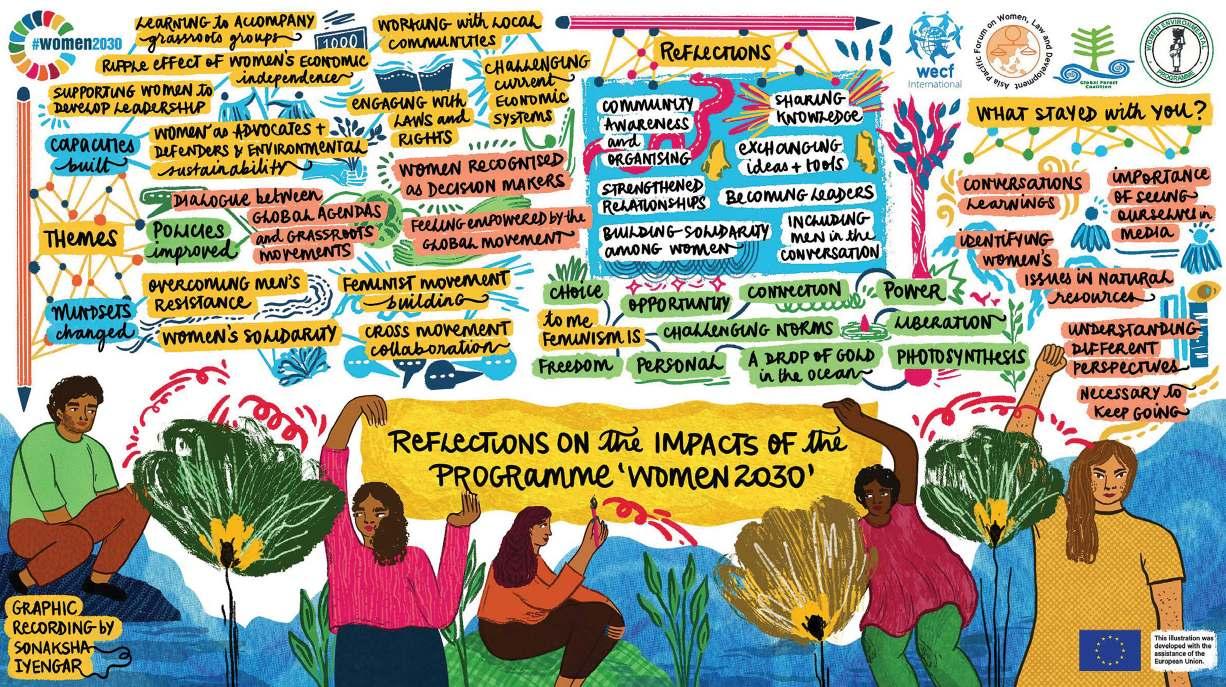
This is a visual recording of the two-day workshop capturing reflections on the impact of the Women2030 Program
1.
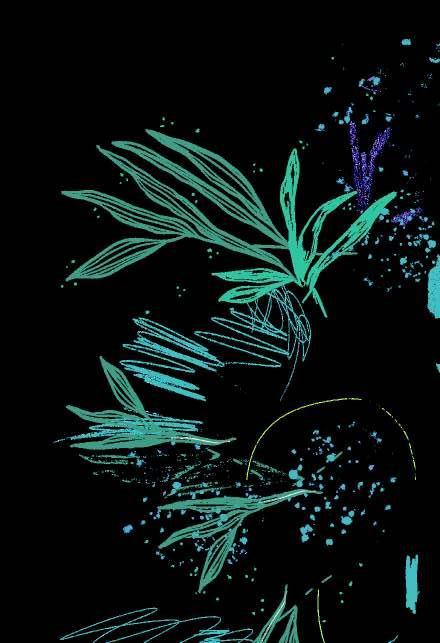
BUILDING A fEMINIST MOVEMENT
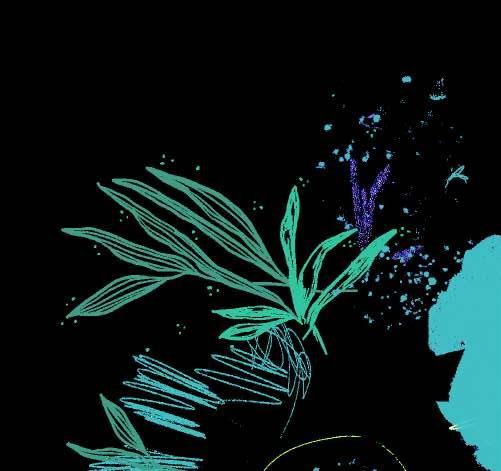
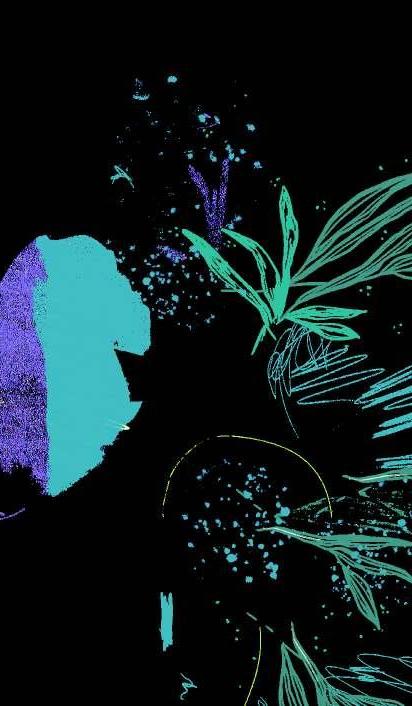
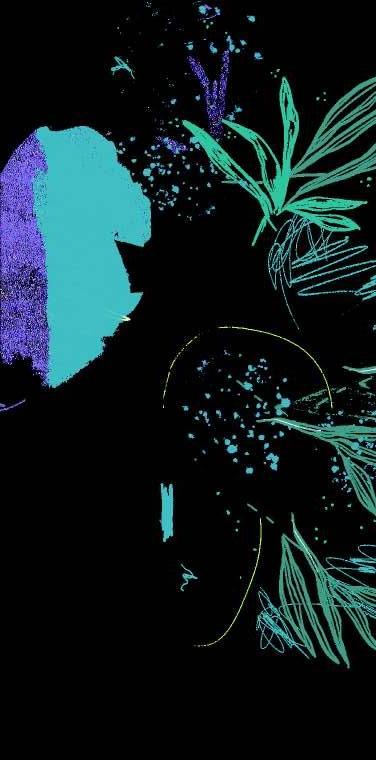
Collective creation We invited the partners who participated in the storytelling evaluation to draw what will stay with them now that the program has ended. Many illustrated the feeling of solidarity and sisterhood that emerges when gender equality and women’s rights movements connect across contexts and countries as they did throughout the Women2030 program. Below are some of the images they drew.
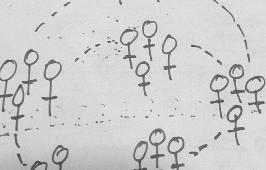
This drawing represents how the feminist movement in Nepal builds solidarity by generating networking opportunities, building capacity and rights’ awareness, increasing leadership, and demanding women to be included in the decision-making process. Painting by Anila Onta
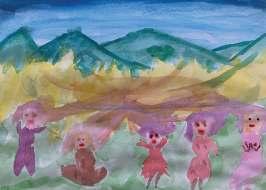
This painting shows the Women2030 partners sitting together and making each other stronger. Painting by Anna Samwel This drawing is about feminist movement building and solidarity. Dessin de Cielito Perez This drawing shows how feminists and women’s rights networks can work together and build a movement. Drawing by Cielito Perez
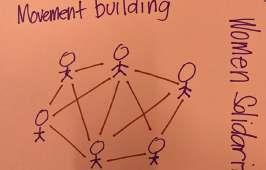
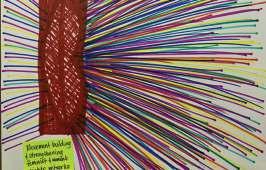
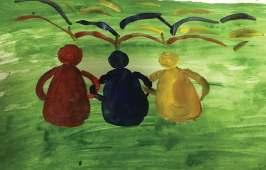
This painting shows women who are empowered to support themselves and one another by sharing information, knowledge and skills. Painting by Sarankhukhuu Sharavdorj This drawing represents solidarity among women and how feminists can bring about social change by collaborating. Drawing by Sarankhukhuu Sharavdorj
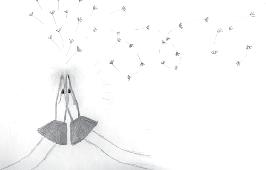
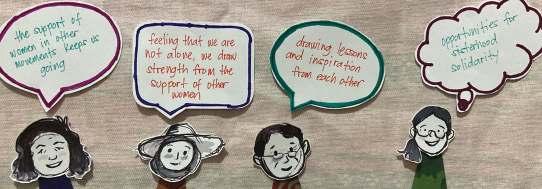
This collage represents the importance of building and strengthening solidarity. Solidarity that comes from learning together, supporting each other, and from taking action together. Collage by Cielito Perez



